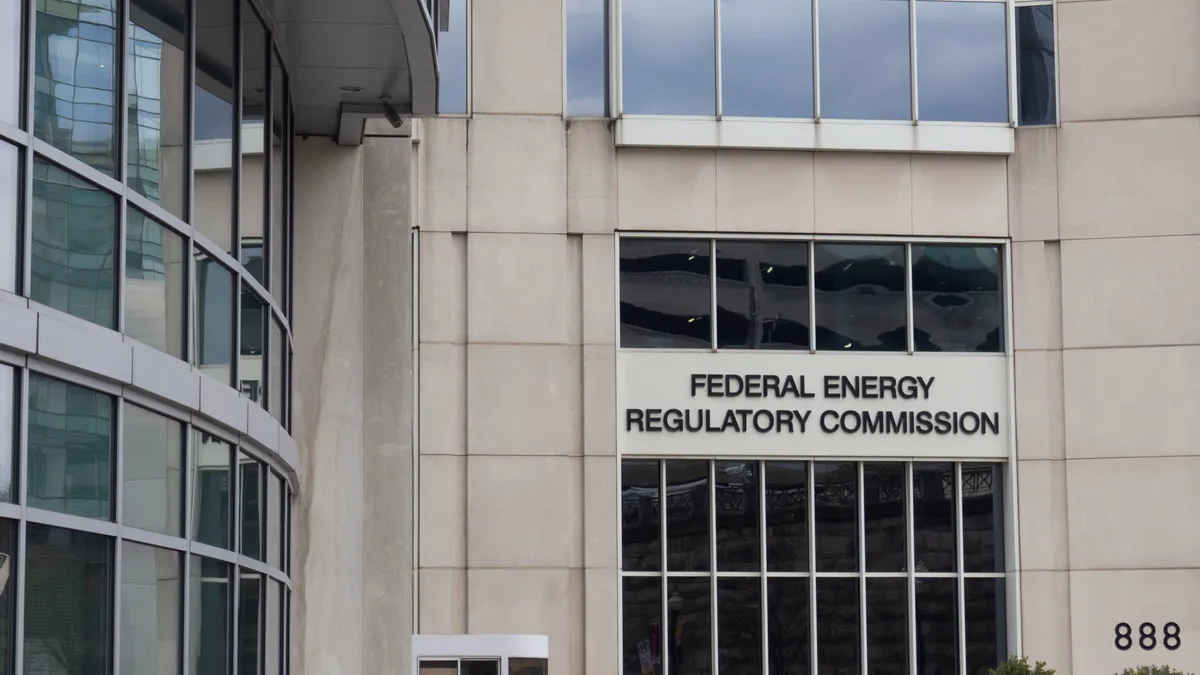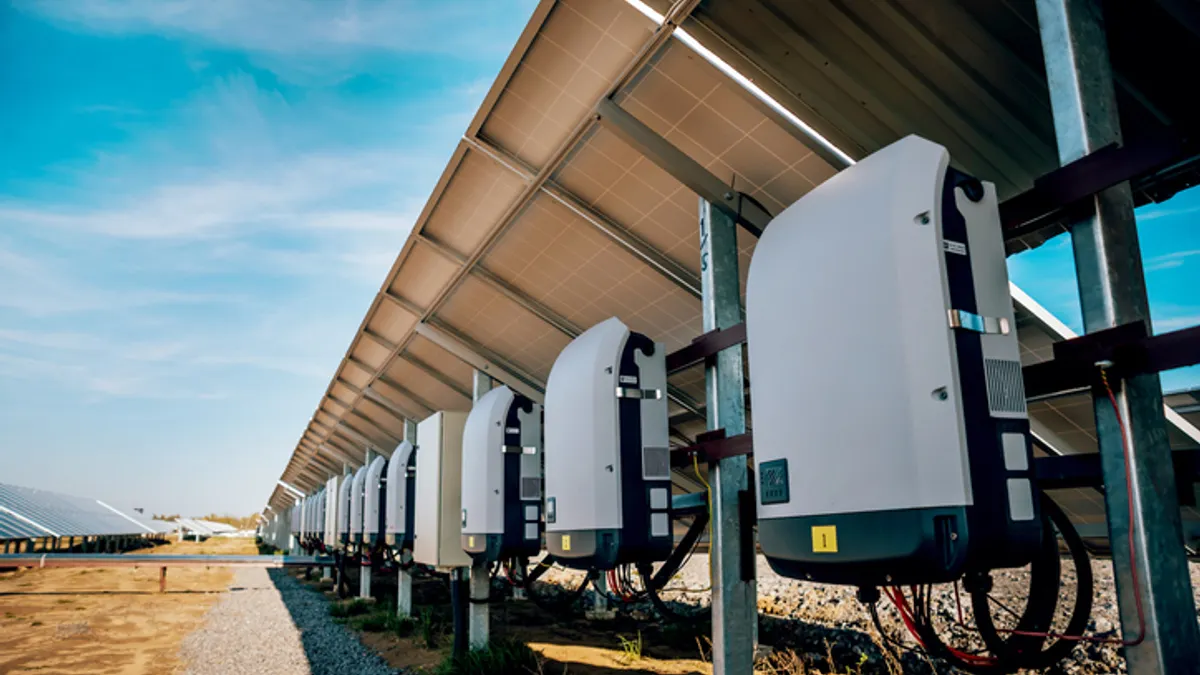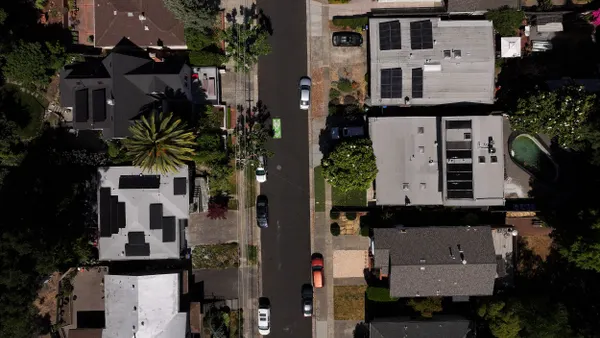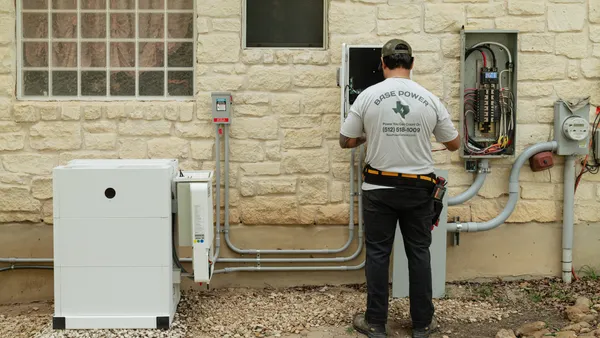Dive Brief:
- Virginia is currently holding an open comment period, which runs until April 21, for discussion of the state's residential building codes and whether they should be updated to reflect advances in efficiency and building construction.
- The process, according to Southeast Energy News, is heavily influenced by builders and home developers, who are committed to keeping additional efficiency codes from being adopted.
- The American Council for an Energy-Efficient Economy rates Virginia 33rd for efficiency. The state uses a version of the International Energy Conservation Code (IECC) equivalent to regulations established in 2009, the group said.
Dive Insight:
Virginia's residential building codes are behind the times, when compared to other states. But in no uncertain terms, the construction industry told Southeast Energy News they want it to stay that way. Virginia Homebuilders Association CEO Mike Toalson told the news outlet that the group will oppose changes to minimum codes.
"The minimum code has a requirement in it for safety and reliability," he said.
But Virginia's version of the International Residential Code is a version of rules set in 2012, according to ACEEE—but with modifications rendering it no better than standards set almost a decade ago. "No significant improvements were adopted, rendering the residential code equivalent to the 2009 IECC," the efficiency group said.
According to the U.S. Department of Energy, 15 states have residential building codes similar to Virginia's. Only California, Massachusetts and Washington have the most current codes enacted.
On a website to track building codes, DOE said Virginia is "less energy efficient than 2012 IECC. ... Energy cost savings for Virginia resulting from the state updating its commercial and residential building energy codes in accordance with federal law are significant, estimated to be on the order of nearly $500 million annually by 2030."













